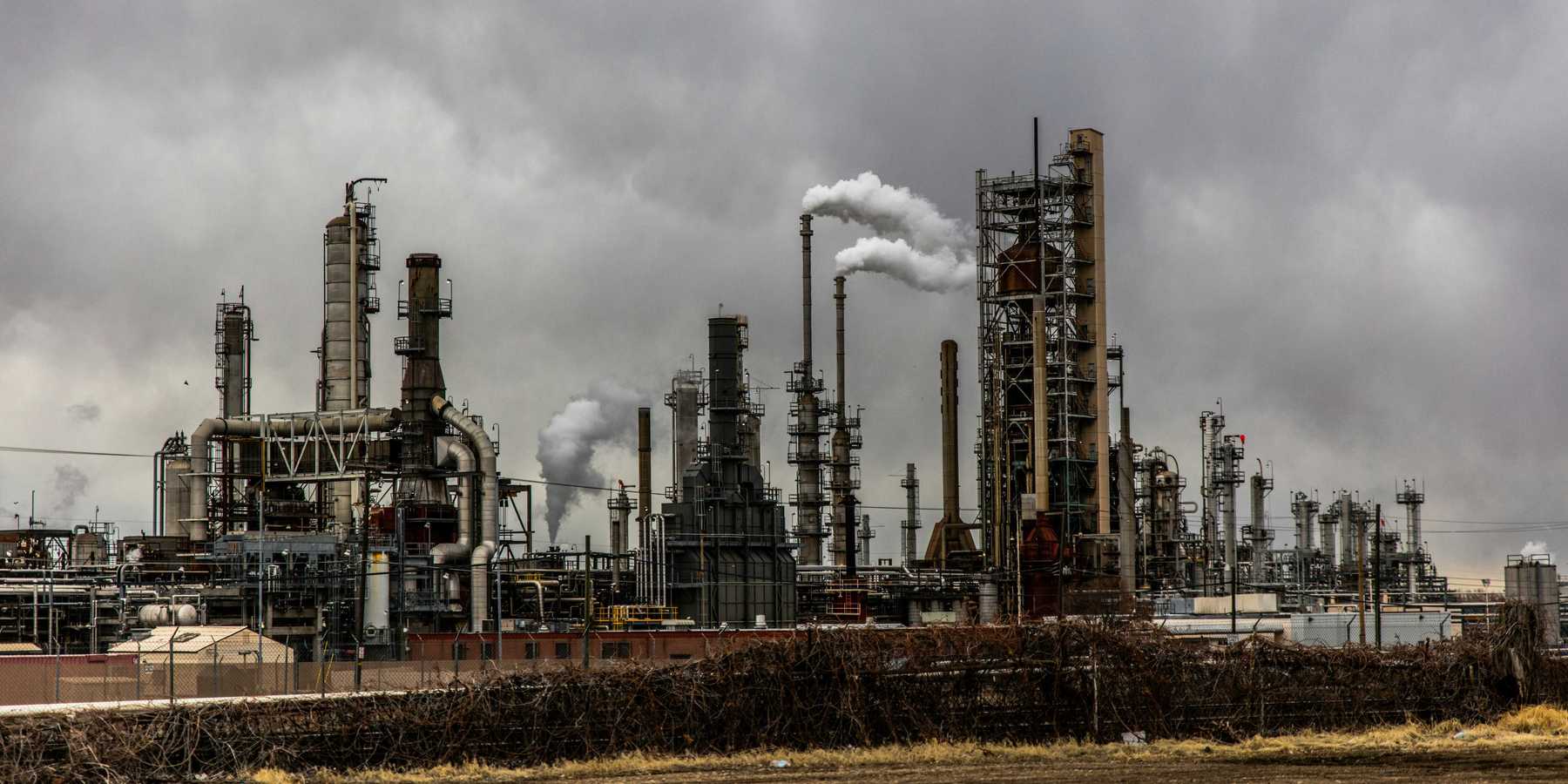Inslee sees state-level climate efforts as resilient against federal shifts
Outgoing Washington Gov. Jay Inslee says the state's cap-and-invest system, which survived a repeal attempt, shows how state-driven climate action can endure despite federal setbacks.
Adam Aton reports for E&E News.
In short:
- On the same day Donald Trump won the U.S. presidential election, Washington voters upheld the state’s cap-and-invest program, which Inslee considers a victory for climate policy.
- Inslee’s third term saw major climate wins, including net-zero electricity goals by 2040, despite earlier setbacks and failed carbon pricing initiatives.
- The cap-and-invest program has raised over $2 billion since 2023 for projects like electric school buses and free public transit for children.
Key quote:
“The state-led, state-designed and state-implemented agenda really cannot be stopped by Donald Trump.”
— Jay Inslee, Washington governor
Why this matters:
State-led climate policies can offer a crucial defense against federal rollbacks, demonstrating how local action can build public support and secure lasting environmental gains. Washington’s model shows that substantial climate policies can be politically durable despite economic concerns and opposition.
Related: Young climate activists adapt to new strategies for Trump’s second term













